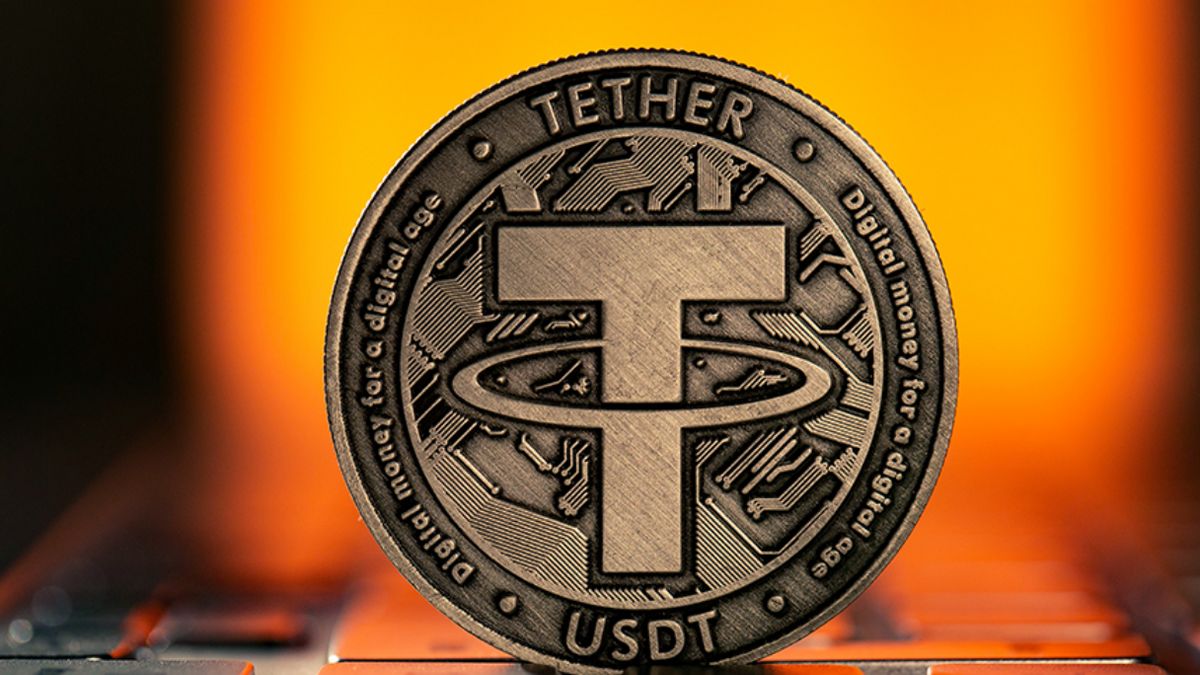JAKARTA A well-known crypto company from Singapore, Crypto.com, has officially announced that it will stop trading or delisting related to stablecoin Tether (USDT) and nine other tokens in the European Union starting January 31, 2025. This step is part of the company's efforts to comply with the new Markets in Crypto-Assets (MiCA) regulations in Europe.
Apart from USDT, deleted tokens include Wrapped Bitcoin (WBTC), Dai (DAI), Pax Dollar (PAX), PayPal USD (PYUSD), and Liquid CRO (LCRO). Even though the purchase and deposit tokens will be blocked, users can still withdraw assets until March 31, 2025.
MiCA Regulations
The European Securities and Markets Authority (ESMA) has urged crypto exchanges to limit stablecoins that do not meet MiCA requirements. One of the main requirements is that stablecoin publishers are required to store more than 60% of reserves in accredited banks and have an e-money license.
Tether, the world's largest stablecoin with a market capitalization of around US$ 139 billion (Rp2,251.8 trillion), has yet to comply with the regulation. As a result, USDT has been removed from a number of large exchanges such as Coinbase and Binance in Europe.
This deletion had a significant impact on Tether's market capitalization, which fell significantly from a peak of around US$140 billion (Rp2,268 trillion) in December 2024. The USDT market cap gradually fell to US$137 billion (Rp2,219.4 trillion) earlier this month's biggest decline in the last two years.
SEE ALSO:
Meanwhile, Tether's competitor, Circle's second-largest USDC stablecoin 'successfully met MiCA requirements. Last year, the company obtained permission from French regulator, Autorite de Contrmen Prudentiel et de R\'esolution (ACPR), to issue USDC and EURC in Europe.
Impact On European Crypto Market
The existence of USDT has been the backbone of crypto market liquidity, especially for transactions between crypto assets and fiat currencies. Its removal has the potential to reduce trading efficiency and increase price volatility in Europe.
However, users can still access USDT through a decentralized exchange (CEX) or non-custodial wallet. However, Tether's future in Europe remains gloomy if the company insists on refusing to comply.
At the same time, Paolo Ardoino's Tether publicly refused to adjust US bond reserves to cash at a European bank, MiCA required. The company considers the policy "too risky" to its business model.
With the January 2025 deadline, stablecoin publishers are now faced with the choice to follow the rules in force in Europe or leave the world's second-largest market. For Tether, this decision will determine whether they can maintain their dominance amid an increasingly stringent wave of regulations.
The English, Chinese, Japanese, Arabic, and French versions are automatically generated by the AI. So there may still be inaccuracies in translating, please always see Indonesian as our main language. (system supported by DigitalSiber.id)
















